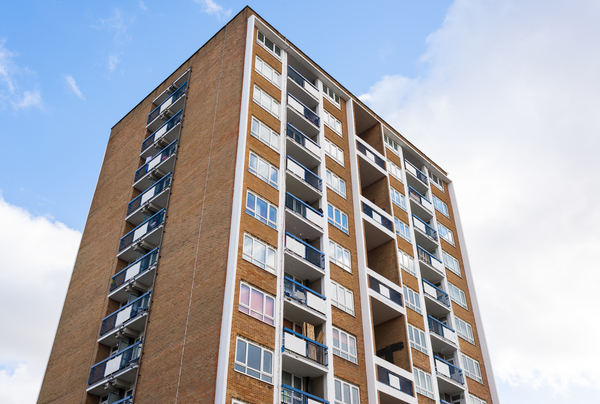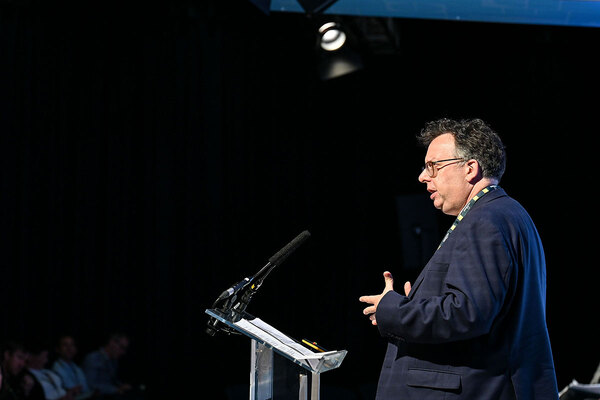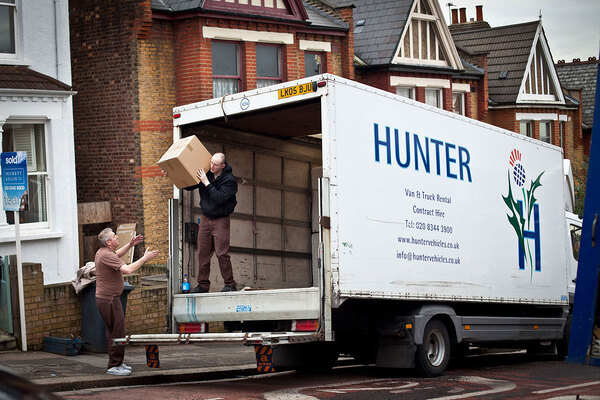You are viewing 1 of your 1 free articles

Stereotypes of social housing tenants are isolating and damaging
Housing association tenant and journalist Rachel Broady explains why the Fair Press for Tenants guide for media is needed
I wore my pyjamas all day today. I didn’t open my curtains till gone 10am. Then I sat on my settee, staring at the computer, brew in hand, only opening my front door when the postman knocked with a parcel.
I checked my iPhone occasionally while listening to country and western music (Gretchen Wilson’s Redneck Woman is a favourite of mine). Then I pottered about my one-bedroom flat, before settling down to watch my widescreen TV.
I live in social housing in Manchester.
I like it here. I live on a cul-de-sac. It’s lined with terraced houses leading to our red brick homes – think Coronation Street meets Brookside Close.
My flat has a small drive at the front and a communal garden at the back, with a country park beyond the fence. I’m quite smug about my new kitchen, knowing I can get repairs done whenever they’re needed, and that I pay less rent than my friends.
So, I wonder what assumptions you’ve made. Am I unemployed? Lazy? Uneducated? Undeserving? On benefits? Lacking aspiration?
These are the assumptions too often made of social housing tenants. They’re inspired by stereotypes recreated in news stories, documentaries and dramas every day.
“It’s frustrating to see someone fear a community because they rent their homes.”
I watch aghast as these nuisance neighbours are presented as slack-jawed petty thieves, lacking compassion and intelligence. Social housing is presented as something to escape, or to endure. It’s depicted as litter-strewn pavements next to gardens with broken cars on lawns.
Its tenants are loud mouthed, wearing ill-fitting clothes, swearing at their children, holding all-night parties, only venturing outside to visit the Jobcentre or to yell at a neighbour.
Series like Shameless show dysfunctional families causing chaos while headlines scream “council house fraudsters” as if it’s a recognised collective term.
I’ve lived in social housing most of my life, from when I was born until I left home. I’ve lived in my own housing association flat now for 15 years.
I lived in a council house with my family when I did my BA in Journalism. At school I had been told by a careers officer “girls like you don’t become journalists”, meaning girls from our inner city estate, while at university it was suggested by fellow students that I was getting preferential treatment.
I lived in social housing as an adult while I wrote for a regional newspaper and thought it odd when a colleague suggested “everyone in social housing is unemployed” and odder still when another colleague refused to leave the car on a council estate: to this day I don’t know what the concern was.
I was often the reporter chosen to visit council estates because I was seen as able to cope with it.
I lived in social housing when I studied for my MA in Creative Writing, while working full-time and living in my housing association-owned flat. Now I’m studying for a PhD, researching journalistic depictions of poverty, for which I won a full bursary.
So, when I’m not teaching journalism undergraduates, I spend a lot of time at home, in my pyjamas, at the computer.
I’ve never seen homeownership as aspirational, even when I wrote articles for the property section of newspapers: I see a mortgage as a huge debt. I don’t see flats that look just like mine but cost twice as much as being better because they’re owned by a private landlord: I see it as being ripped off.
I don’t think I live up to any of the stereotypes. Well, I can be pretty lazy. But these stereotypes of social housing tenants aren’t just ridiculous – they’re isolating and damaging.
It’s frustrating to hear colleagues make glib assumptions about you and the people you know and love. It’s frustrating to see someone fear a community because they rent their homes. It’s daft to be the go-to journalist to speak to fellow human beings because of the home they have.
“I’m good at what I do because I grew up in social housing not despite it.”
I don’t aspire to Manchester lifestyles depicted in either Cold Feet or Shameless. I see a home as a human right and as a place of comfort and safety, not a financial plan. I think social housing should provide us with security, from cradle to grave, not see us patronised or demonised.
And I’m good at what I do because I grew up in social housing, not despite it.
That’s why being involved in creating Fair Press for Tenants is important to me. The guide not only confronts the stereotypes social housing tenants are subjected to but also recognises that media workers don’t always know about social housing or recognise the stigma they’re contributing to. It’s about educating and challenging to make a difference.
Rachel Broady, equalities officer, Manchester and Salford NUJ
Benefit to Society
A group of 14 associations and their tenants have got together to challenge common narratives about social housing tenants through a campaign called Benefit to Society.
As part of the campaign, Ms Broady has produced the Fair Press for Tenants guide, which was published at an event in Salford last night. It is available at www.benefittosociety.co.uk.
Inside Housing is backing the campaign and will help fact-check and scrutinise articles that portray tenants in a negative light.
Send examples of unfair, misleading or inaccurate reports about social housing tenants to carl.brown@insidehousing.co.uk.











